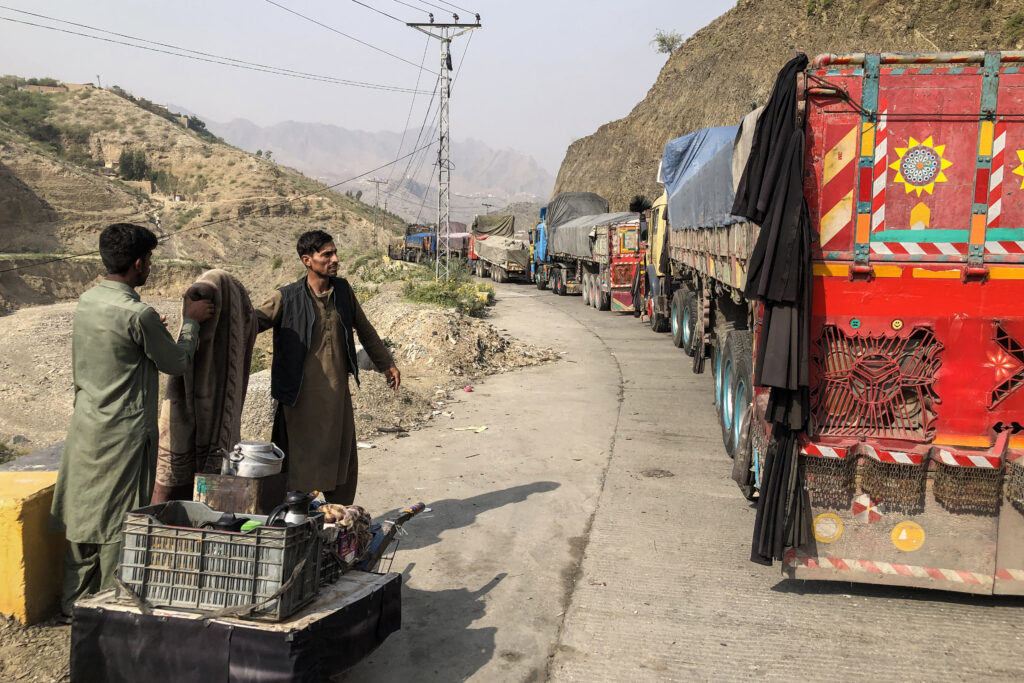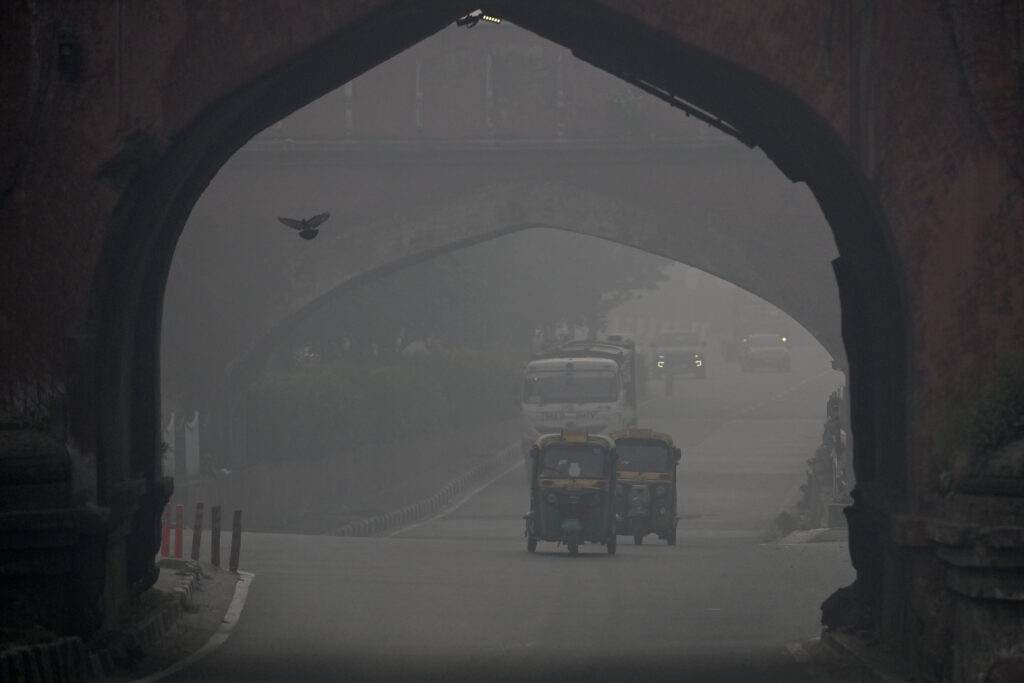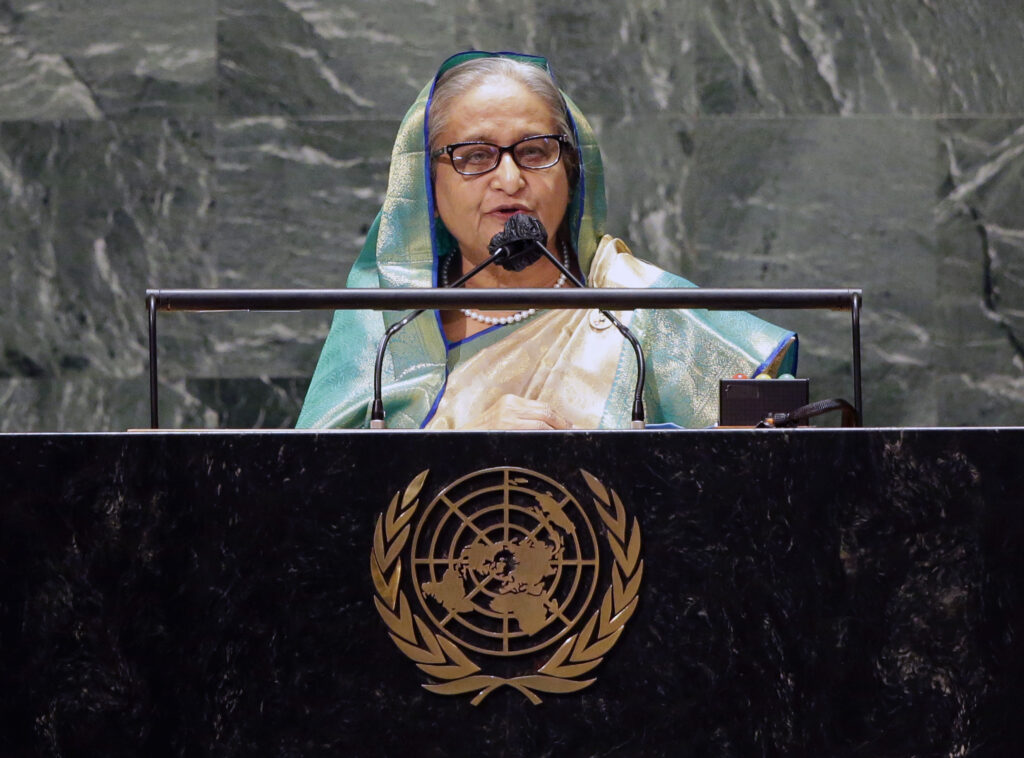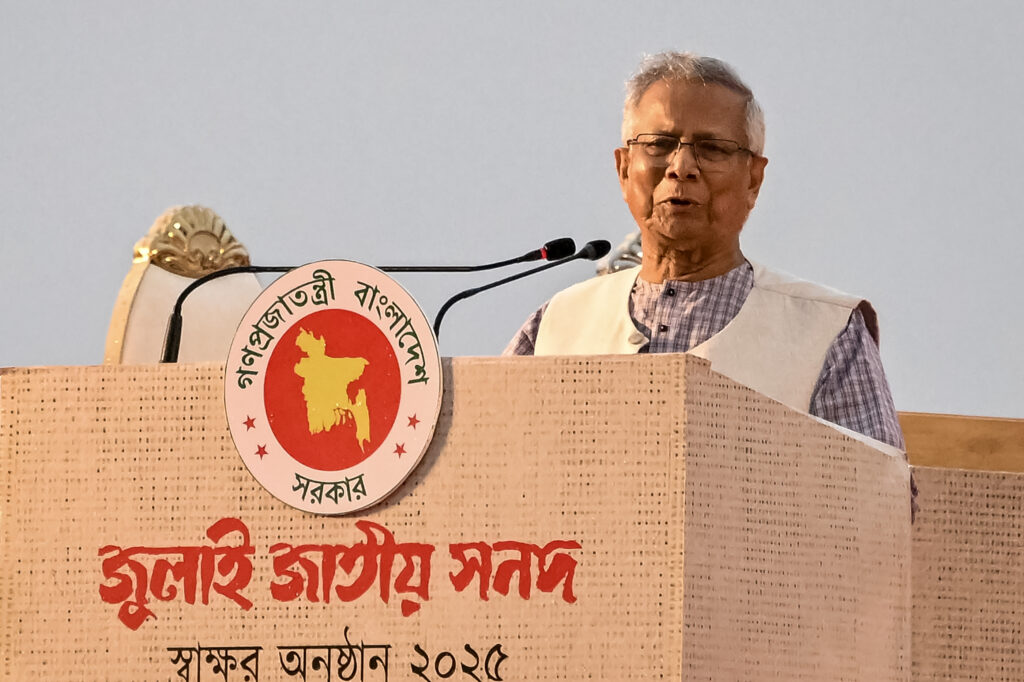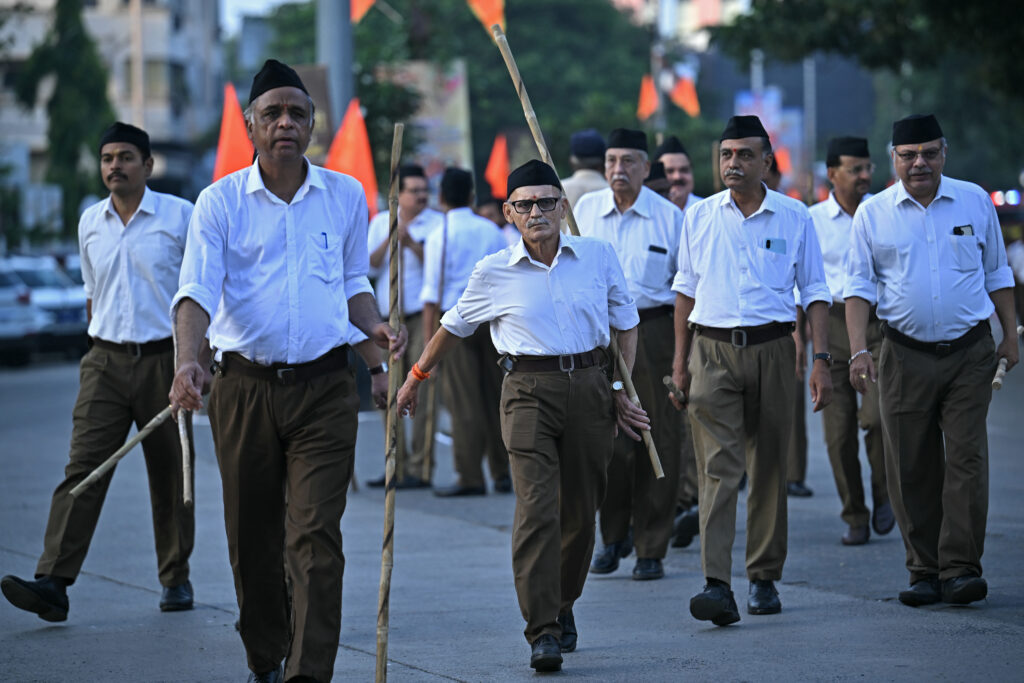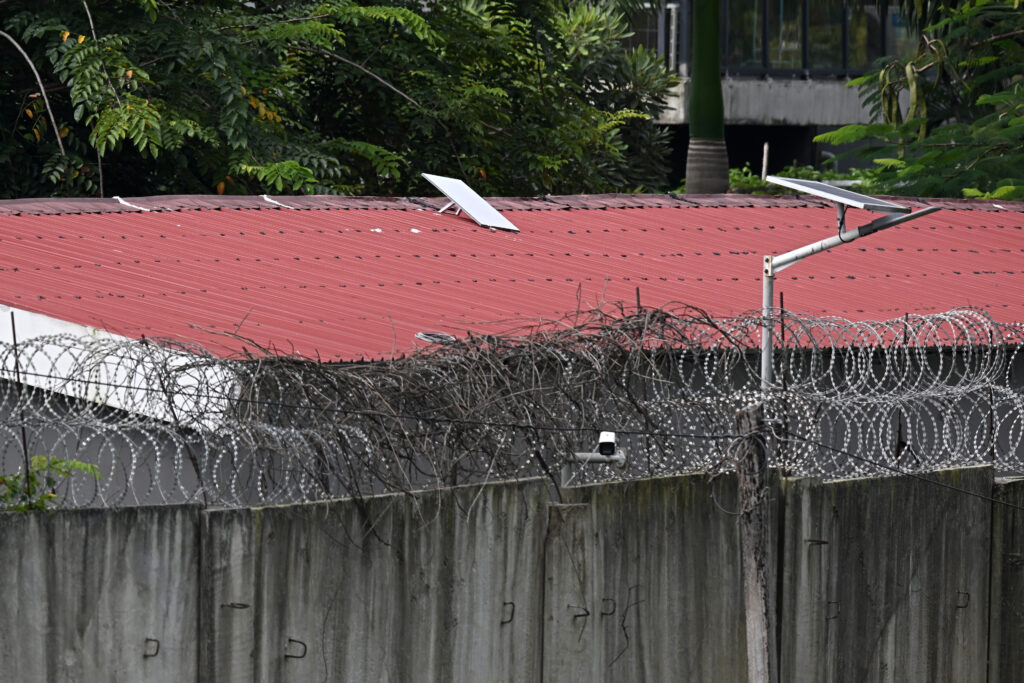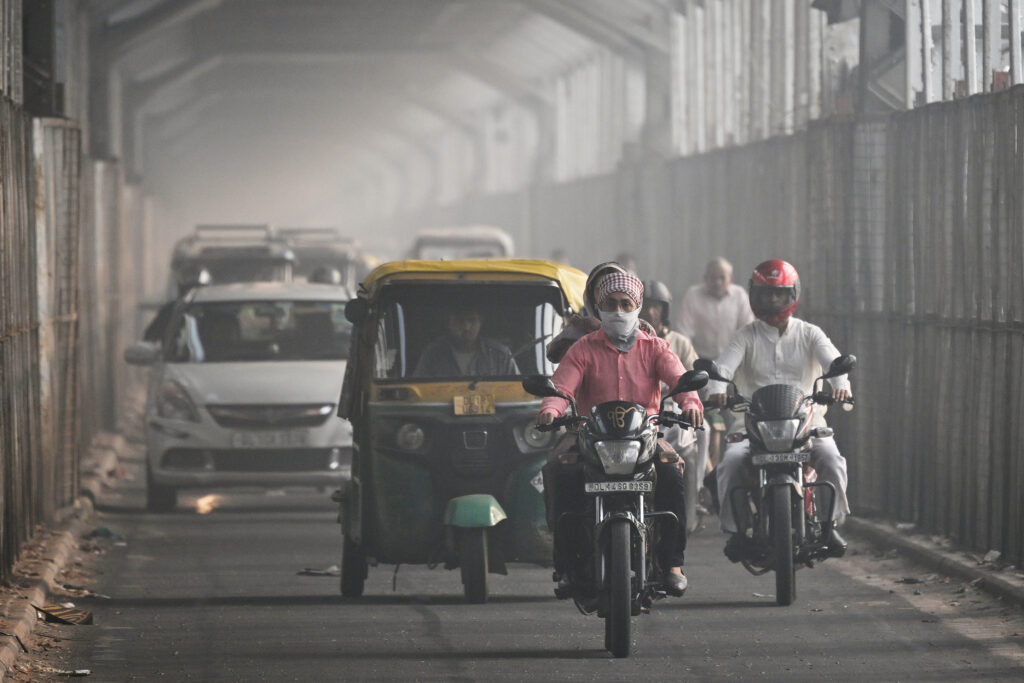Afghanistan, Pakistan to firm up truce at Istanbul talks
Afghan and Pakistani negotiators are to meet in Istanbul Saturday to address security issues and establish a lasting ceasefire along their shared border after an outbreak of unexpectedly intense bloody clashes. The confrontation — which resulted in dozens of deaths, among them civilians — began two weeks ago following explosions in central Kabul, which the Taliban government blamed on its Pakistani neighbour, launching a retaliatory offensive at the border. Vowing a strong response, Islamabad then carried out “precision strikes” against armed groups on Afghan soil which are at the heart of the dispute, security sources said. After further clashes that left soldiers and civilians dead, both sides declared an initial 48-hour ceasefire which collapsed two days later, with Kabul blaming Islamabad. A second truce took shape on Sunday following talks in Doha thanks to mediation by Qatar and Turkey, which appears to have held, although the terms remained unclear. At Saturday’s talks, negotiators are expected to detail the “mechanisms” for ensuring the return to stability that were announced in Doha. It was not clear when the talks would begin nor where they were meeting in Istanbul. The Afghan delegation, which left for Turkey on Friday, will be led by its deputy Interior Minister Haji Najib. Islamabad has not said who it is sending for the talks. For the Taliban government, the goal is to ensure Afghanistan’s territorial integrity. For Islamabad, the negotiations must address “the menace of terrorism emanating from Afghan soil towards Pakistan,” its foreign ministry spokesman Tahir Hussain Andrabi said on Friday. – An essential meeting -Security issues are at the heart of recurring bilateral tensions. Facing a resurgence of attacks against its security forces, Islamabad has repeatedly accused its Afghan neighbour of “harbouring” groups it views as “terrorist”, primarily the Pakistani Taliban (TTP) — a charge Kabul denies. Throughout the confrontation, Islamabad demanded that the Taliban authorities “regain control” over fighters present on Afghan soil.From the Pakistani perspective, this would be key to the Istanbul talks, explained Ibraheem Bahiss, an International Crisis Group analyst in Afghanistan. “The meeting in Istanbul is going to be quite essential because that’s where the so-called mechanism would be agreed on in terms of when Pakistan has concerns that anti-Pakistan elements inside Afghanistan are doing things against Pakistan,” he told AFP. He said such “mechanisms” could involve intelligence sharing on armed groups. “For example, Pakistan would give coordinates of where they suspect TTP fighters or commanders are, and instead of carrying out strikes, Afghanistan would be expected to carry out action against them,” he said.But it was unclear if that would end the problem. “I’m not so hopeful that a technical mechanism will really address the fundamental drivers of this escalatory cycle,” he admitted.Before the latest skirmishes, Pakistan had long been the Taliban’s biggest supporter, bolstering them in Afghanistan for so-called strategic depth against arch-rival India.Two weeks ago, the initial explosions in Kabul — which triggered the escalation — took place as the Taliban foreign minister was making an unprecedented visit to India.Turkey has not confirmed any details about Saturday’s meeting beyond hailing their joint decision in Doha “to establish mechanisms to strengthen peace and stability” and pledging to “continue to support the efforts” to achieve that.
